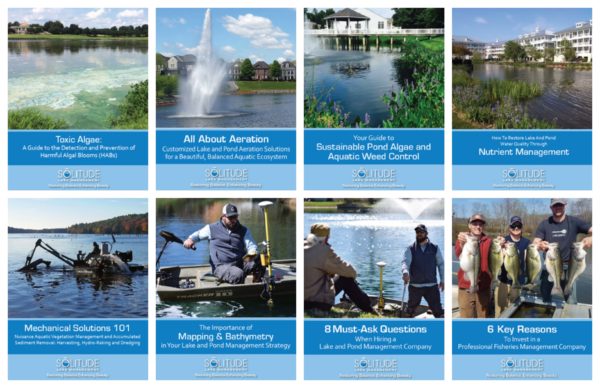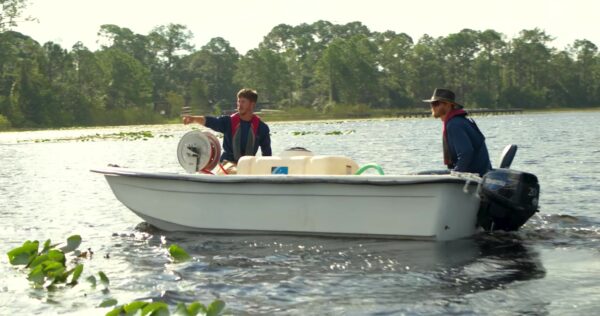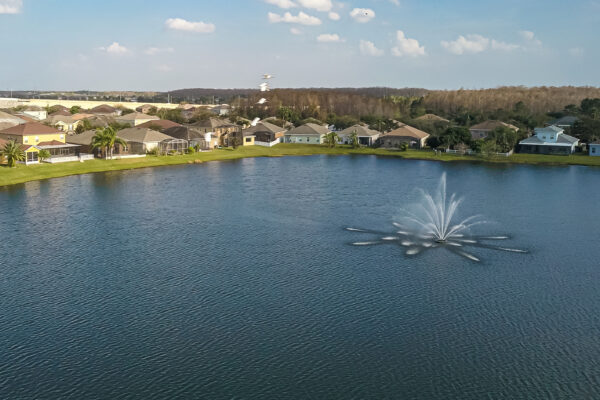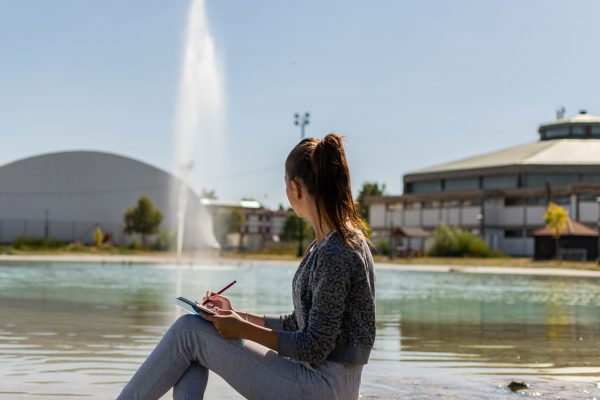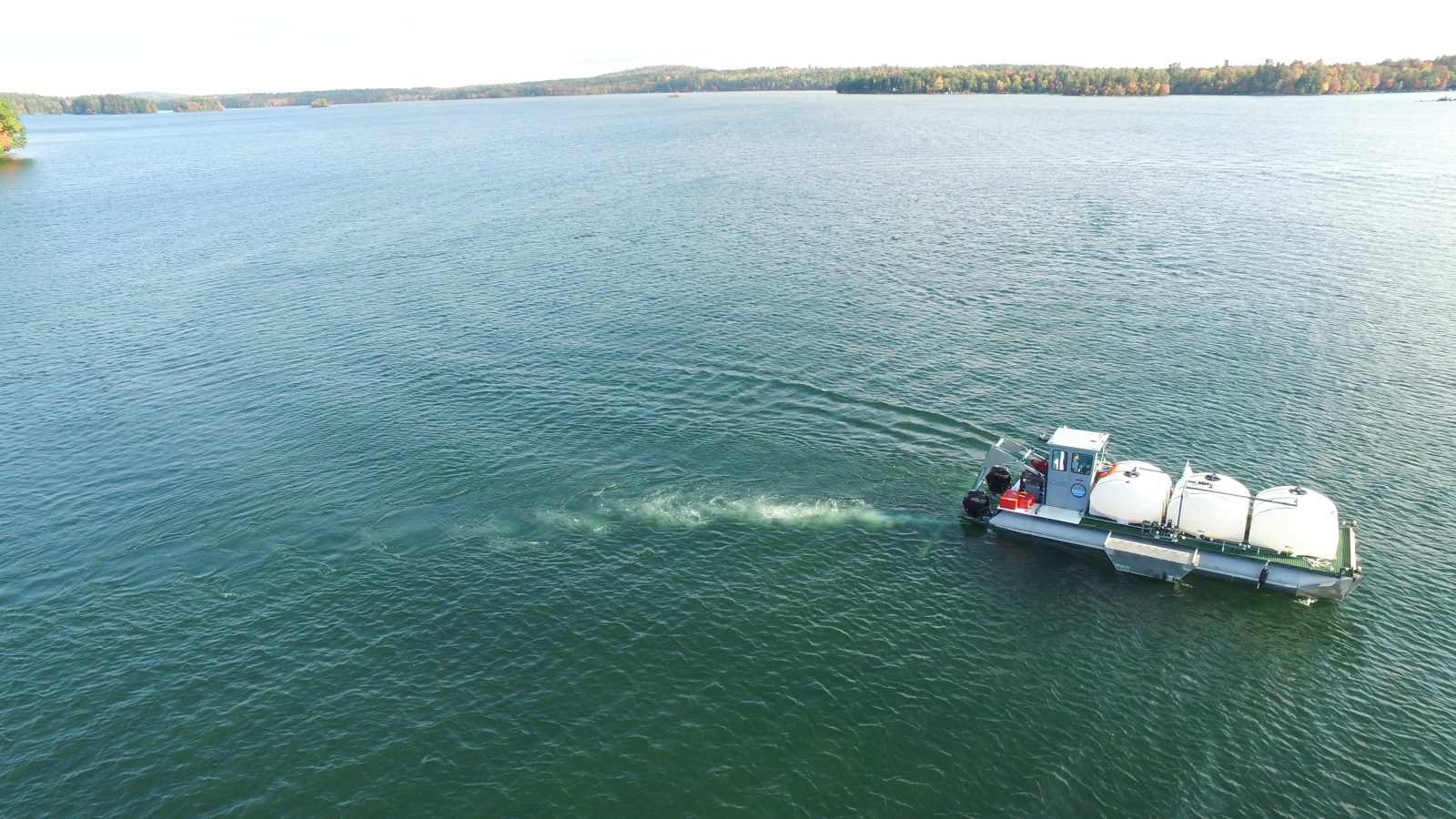
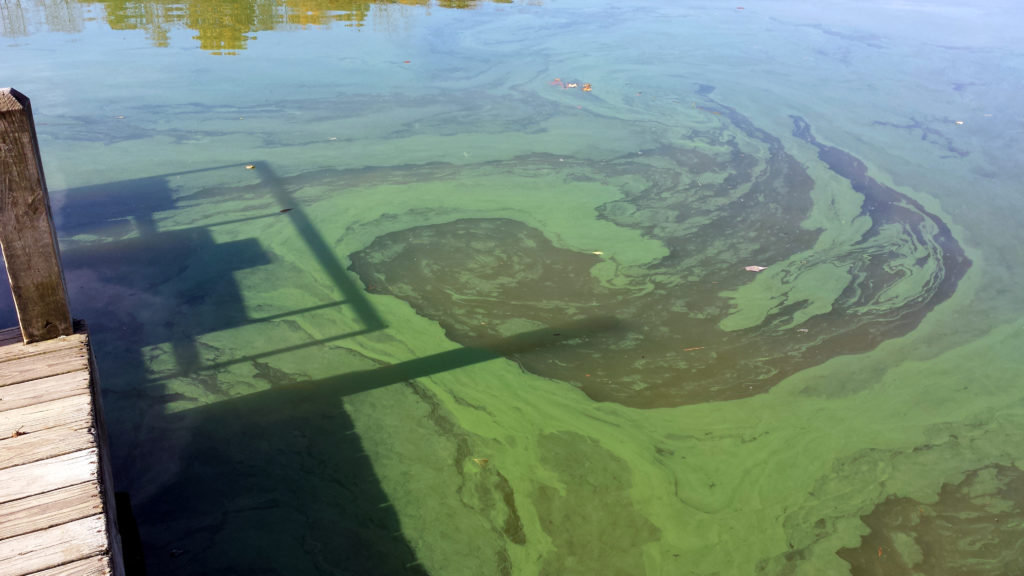
Lowering Phosphorus Levels in State Pond
Location: Brewster, MA
This pond is one of the most popular destinations in the area for water recreation. It also serves as the highlight attraction of a heavily used property which includes a large campground that is often booked solid each summer. This pond has a surface area of 207 acres and is the deepest pond in the area with a maximum water depth of about 88 feet.
Unfortunately, in the past few years, the waterbody has experienced frequent blue-green algae (cyanobacteria) blooms. Water quality issues have also resulted in a frequent loss of suitable cold-water habitat for what once was a very healthy and productive trout fishery. This waterbody began having problems with nuisance algal blooms in the 1980s, and in the late ‘90s, two dog deaths were attributed to algal toxin consumption. In recent years, following the establishment of state guidelines on Harmful Algae Blooms, advisories have been in place restricting the use of the pond for contact recreation for most of the summer.
Realizing the deteriorating condition of the pond and its impact on recreational use, the state of Massachusetts through its Department of Conservation and Recreation (MA DCR) contracted with SOLitude Lake Management for a comprehensive study in 2014 and 2015. The results of the study, which was completed in conjunction with Dr. Ken Wagner of Water Resource Services, identified internal loading of phosphorus as the primary factor contributing to poor water quality conditions. Phosphorus is a vital nutrient required for algae growth and its concentration in the water dictates the types and amounts of algae growing. Elevated concentrations of phosphorus, along with warmer summer temperatures, favor potentially toxic blue-green species of algae.
Scope of Work:
Based on the recommendations in the study, treatment with aluminum sulfate (Alum) and sodium aluminate was chosen as the most appropriate and cost-effective approach to reduce phosphorus levels in the pond. Aluminum binds and inactivates phosphorus in the water and sediments, and similar treatments have proven very successful at a number of other lakes in the area and across the country.
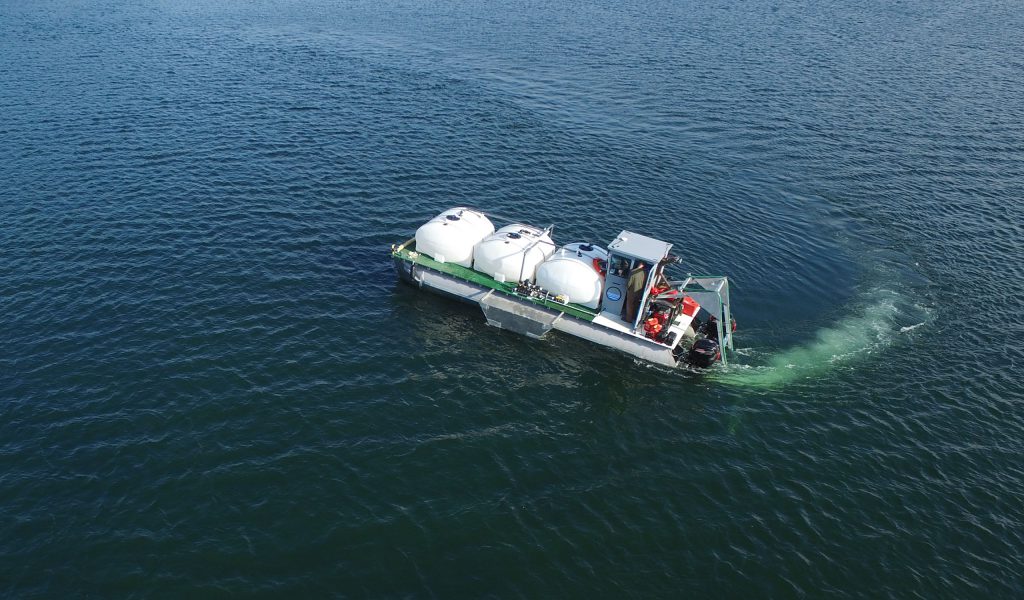
Project Description:
After securing funding for the project, MA DCR contracted with Water Resource Services and SOLitude Lake Management to conduct the treatment in the spring of 2016. Following extensive pretreatment sampling, the treatment process began with mobilization of equipment to the pond in mid-April. SOLitude’s custom designed treatment vessel was utilized for this project. The vessel consists of on-board product storage, delivery systems, spray boom, flow meters and GPS guidance. Over the course of nine days, SOLitude treated 74 acres of the pond.
Immediate improvements to the pond included an increase in water clarity from approximately 10 feet just prior to treatment to over 23 feet by the completion of treatment. While this initial level of clarity decreased to some degree, this summer’s average water clarity was nearly three times better than that observed in recent years and preliminary water quality data indicate that both surface and deeper water phosphorus concentrations have been decreased significantly. Follow-up monitoring is planned through at least the summer of 2017, but all observations point to a very successful restoration project and, most importantly, the pond was open for enjoyment all summer long.



